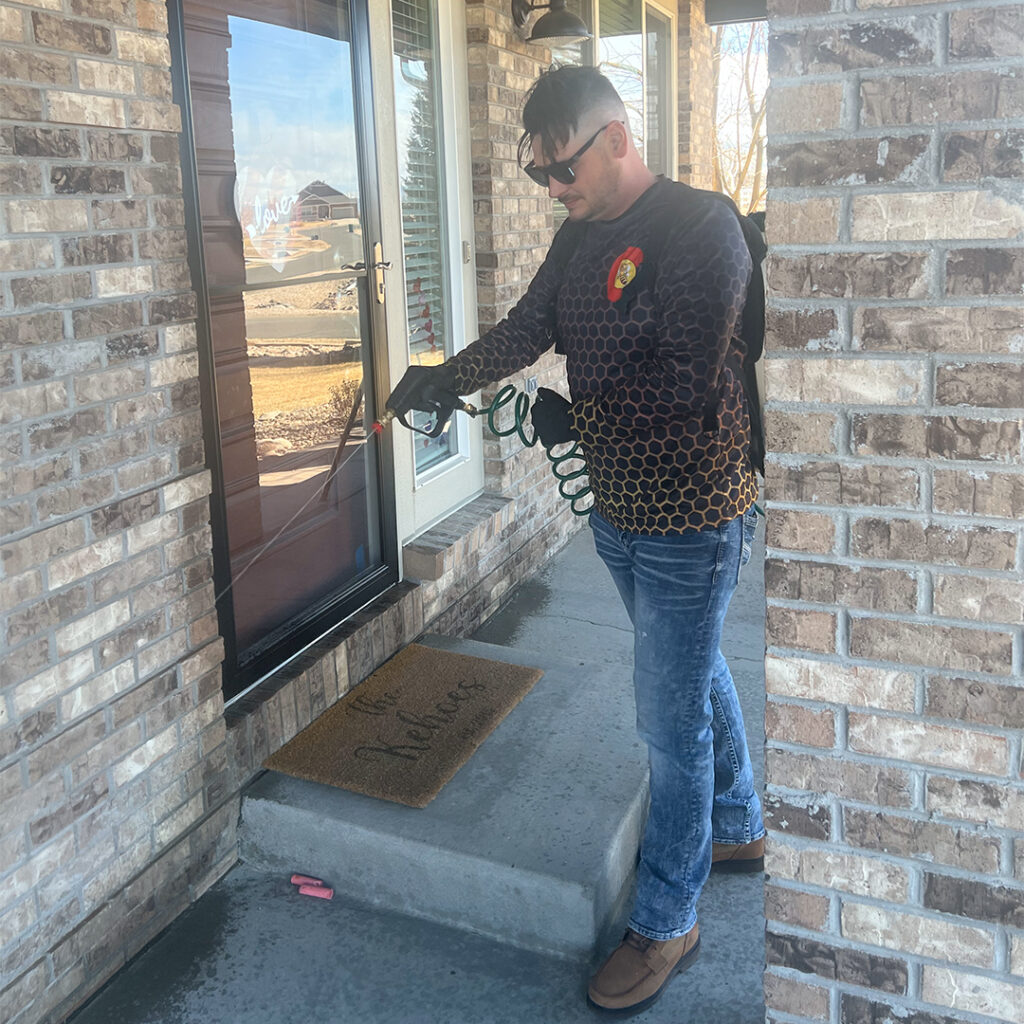Effective pest control is essential for maintaining a healthy, safe home. From ants in the kitchen to wasps around the patio, pests can quickly disrupt your daily life and pose real health or safety concerns. When dealing with an infestation or looking for preventative strategies, homeowners often face a key decision: should they use natural or chemical pest control methods?
This article explains the strengths of both approaches and helps you determine which is best for your home, your family, and your environment.

Understanding Natural Pest Control
Natural pest control uses non-synthetic ingredients and methods to prevent or manage pests. These approaches are appealing to homeowners who prioritize environmental safety and reduced chemical exposure.
Common natural pest control strategies include plant-based sprays, diatomaceous earth, essential oils like peppermint or cedar, and physical deterrents such as exclusion barriers or traps. These options are typically lower in toxicity and may be safer for children, pets, and sensitive individuals. They work well for minor infestations and can serve as part of a routine prevention plan.
However, to maintain effectiveness, consistency is key. Especially in cooler months, homeowners often ask whether these solutions still hold up. Learning more about natural methods during certain seasons can help you decide how to use them properly.
What Chemical Pest Control Offers
Chemical pest control involves the use of registered pesticides that target specific pests with precision. These treatments are typically administered by licensed professionals and are regulated for safety and efficacy.
Chemical methods are particularly effective for pests that are hard to reach or that reproduce quickly. For example, rodents, spiders, and wasps often require stronger intervention. With professional application, chemical treatments can provide lasting protection and thoroughly eliminate pest populations that natural methods might only reduce.
This approach is commonly chosen when infestations are widespread, recurring, or pose health risks.
Factors to Consider Before Choosing
Choosing between natural and chemical pest control depends on your unique circumstances. Key considerations include:
- The severity of the infestation
- The location of pest activity, such as attics, basements, or wall voids
- The type of pests involved
- Household factors like the presence of children or pets
- Your comfort level with pesticides
Many homeowners find that a combination of both approaches works best. For example, natural methods may be used for prevention, while targeted chemical treatments handle active infestations.
Pros and Cons of Natural vs. Chemical Treatments
Natural pest control offers eco-friendly solutions that reduce exposure to synthetic chemicals and support long-term prevention. These methods are ideal for low-risk pest activity and can be used regularly with minimal disruption to your home.
Chemical pest control delivers fast, targeted results and is often necessary for severe or persistent pest problems. When applied professionally, these treatments are both effective and safe, particularly for hard-to-reach infestations that require a more aggressive solution.
Why Follow-Up Is Essential
Whether you choose a natural or chemical route, the success of any pest control method depends on consistent follow-up. Even the most effective treatments can fall short without continued monitoring and environmental adjustments.
After treatment, it is important to:
- Inspect for lingering activity
- Address any structural or sanitation issues
- Reassess entry points or potential attractants
For both natural and chemical treatments, professional follow-up appointments can ensure your efforts are working. Learn more about why follow-up matters and how it contributes to lasting protection.
When Professional Help Matters Most
Although many homeowners attempt pest control on their own, some situations require the expertise and equipment of a professional. Infestations involving rodents, fleas, spiders, or wasps can be particularly difficult to manage without licensed help.
Professionals understand the habits of each pest and know how to apply the right method in the right place. They also offer proactive plans that prevent infestations from recurring, saving you time, money, and frustration in the long run.
Final Thoughts
Both natural and chemical pest control methods offer unique benefits. Choosing the right option for your home depends on the type of pest, the severity of the problem, and your household’s needs. Whether you take a preventive approach or respond to an active infestation, the most effective outcomes often come with expert guidance.Need help deciding what’s right for your home? Contact Bee Smart Pest Control to schedule a consultation and find a solution tailored to your needs.

